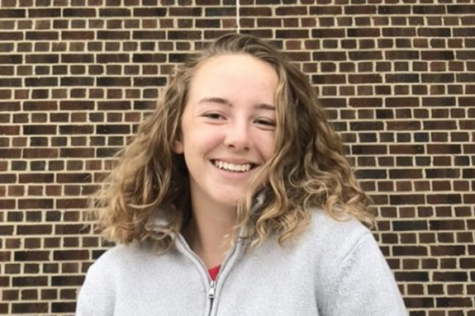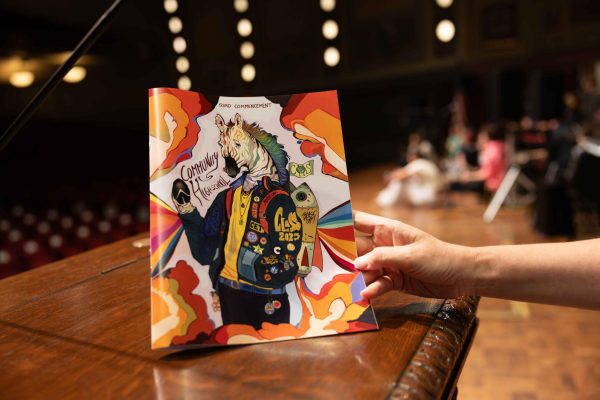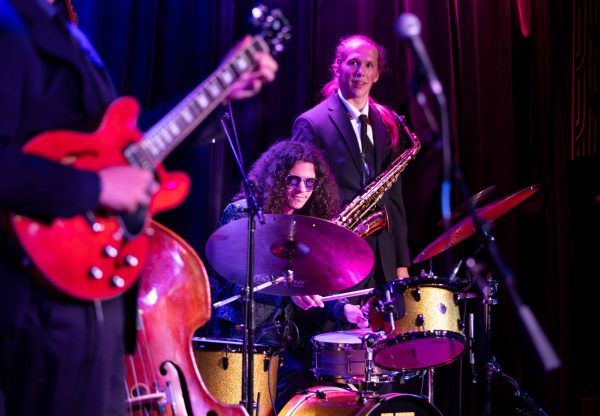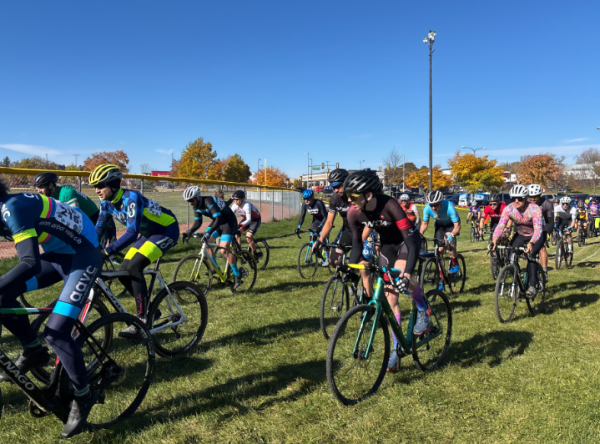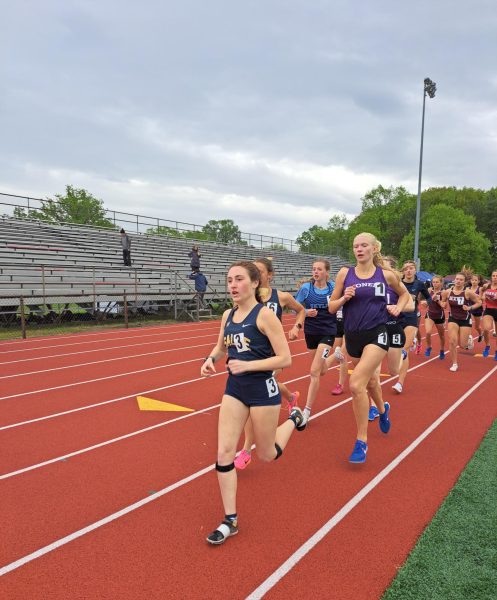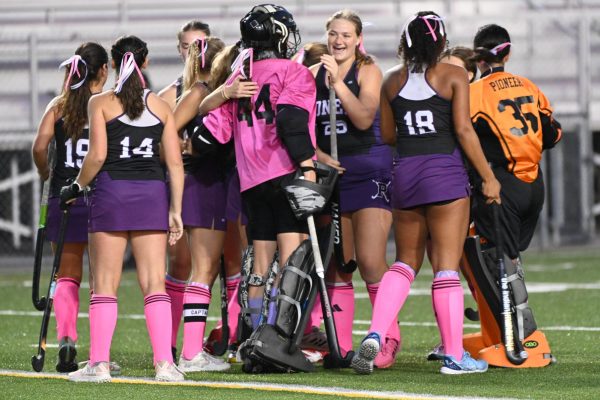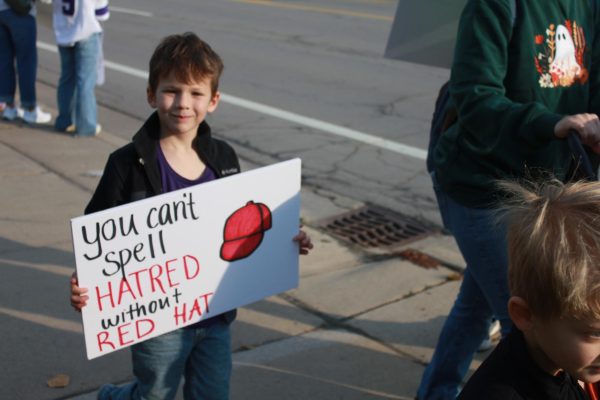Anti-Defamation League visits Temple Beth Emeth

On Nov. 18, Temple Beth Emeth replaced their usually scheduled afternoon Sunday school services for students in grades 6-12 with a small seminar presented by the Anti-Defamation League (ADL). This was due to the uptake in major anti-Semitic attacks in the recent weeks, specifically the Tree of Life synagogue shooting. They started the night with short introductions from the three presenters and the ADL. With a show of hands from the room, only a third of the students participating knew who the ADL was.
The ADL describes themselves as a United States-based international Jewish organization, with no governmental affiliations. Their mission is to fight anti-Semitism and all forms of bigotry, defend democratic ideals and protect civil rights for all.
After pleasantries were exchanged, students were split into smaller groups of around 15-20 people. The discussion began by analyzing the definitions of hate, bigotry, and prejudice. The group’s instructor, Shoshana, explained how Jews need to better understand the terms being used against them and to notice the overlap in each negative phrase.
The next activity was a human thermometer: One side of the room represented strong agreement, and the other represented strong disagreement. Shoshana posed the statement,
“Anti-Semitism is hostility, prejudice, and discrimination against specifically Jewish people.” The entire group crowded to the strongly agree side of the room. She then asked a new question:
“Have you experienced what we just described as anti-Semitism at your school?” No one moved. She stated the question again. Some students shuffled further towards the center, but the majority stayed put. She asked some students why they were standing where they were. One student — who wishes to remain nameless — recalled a warm-up for one of his baseball games. One of his Jewish teammates threw a bad pass to his partner who, with no thought, exclaimed “Nice pass, you dirty Jew!” His entire team heard them and the coach made sure the teammate was brought to the correct officials on this incident. The player insisted it was a joke and that he wasn’t thinking when he said it.
Shoshana introduced a method of dealing with these individuals at our schools and throughout our community that does not act and speak out of malice but out of uneducated ignorance. It’s not fair to immediately report them for a transgression they can’t even explain, so ask them a question: Why? Why did you call me that? Why do you say that to me and not some other kid? What would you think or feel if someone was saying it to you?
These questions can provoke positive thoughts in those who aren’t properly educated but don’t seek to hurt and bring harm to Jews. It’s hard to understand what’s not funny and what’s offensive when you aren’t the punchline.
The majority gentile population would like to think they’ve made our community safe for Jews and other religious minorities, but if the minorities don’t agree, then the gentile opinion is worthless. As the majority, they can’t believe their feeling of safety is always valid, as they have never felt unsafe in society because of their religious beliefs — this doesn’t just apply to Christians, but anyone who doesn’t identify as a minority religion, this includes atheists and agnostic individuals — and probably won’t for the rest of their lives.
Shoshana showed the group the Pyramid of Hate made by the ADL. The bottom tier is prejudiced attitudes, the next level is prejudiced actions, then discrimination, followed by violence, finally topped with genocide. Prejudiced attitudes are treated as the baseline, but eventually, people being discriminated become adjusted to the baseline and it becomes normal.
Shoshana used the analogy of cooking frogs:
“If you throw a frog in a pot of boiling water, it will jump out. But, if you put the frog in warm water and gradually heat it to a boil, it will never leave the pot.”
Inevitably, the topic of Israel was broached. They discussed the differences in anti-Semitism, anti-Israel ideology and anti-Zionism. The overlaps are distinct, but the context and knowledge behind them are what differentiates masked bigotry and valid opinions.
At the end of the program, the group filled out review forms on how they thought the program went and what they learned.
Overall, the hour and a half-long discussion seemed to leave some impact on the student group as they reported how they learned to confront anti-Semitism in a non-violent manner and were better able to discuss their feelings about being Jewish in this community.
